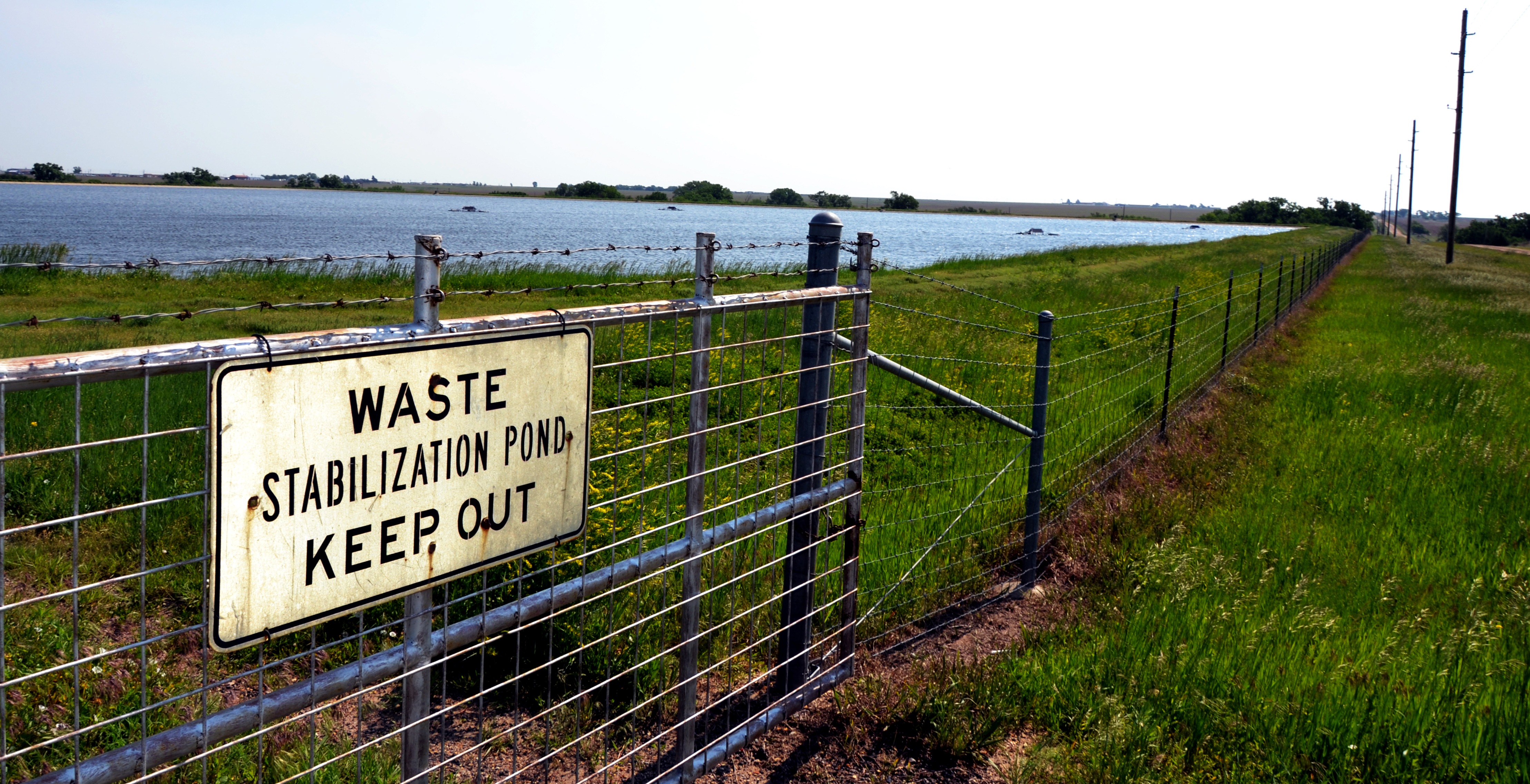
Several Kan. communities fighting the same problem after disastrously wet May
By JAMES BELL
Hays Post
RUSSELL — Heavy rainfall has overwhelmed many sewer systems across Kansas pushing the Kansas Department of Health and Environment to monitor the release of untreated wastewater into nearby creeks, including by the city of Russell.
Rich Krause, Russell public works director, said the release was necessary last week as water continued to overwhelm the sewer system and homes were being flooded with water from the sewer system.
While water bypassed treatment systems, Krause said it was pumped from a manhole on a city street and would have been mostly rainwater.
Russell is not alone when it comes to this problem.
“Great Bend and McPherson dealt with some issues with their collection systems with the additional rainfall,” according to Jeff Crispin, Hays director of water resources.
The Kansas Department of Health and Environment regulates municipalities when a wastewater bypass is necessary and was involved in the decision in Russell and other systems that have been overwhelmed across Kansas.
“The extensive rainfall has forced many communities and industries to bypass since the week before Memorial Day,” said Tom Stiles, KDHE bureau of water assistant director.
“The city has the authority under (the National Pollutant Discharge Elimination System) to make such a bypass if it is unavoidable, there are no feasible alternatives, and it’s requested to KDHE. … These emergency bypasses are intended to protect the wastewater system from damage, as well as keep sewage out of people’s basements or off their property.”
The bypass in Russell followed protocols and the KDHE is awaiting a bypass report, Stiles said.
But there are dangers related to water that bypasses normal sanitation systems, including gastrointestinal distress, skin rashes, infections that could become serious, and exposure to bacteria and viruses, according to Stiles.
Because of those dangers, the KDHE issued a general warning across the state this month to avoid streams and waterways, but individual stream monitoring is not required unless the bypassing continues after creeks return to normal flows.
“The Smoky Hill River is currently (discharging) at 1,880 cubic feet per second, it reached a high of 7,400 cubic feet per second last week, which effectively masks the individual impact of this bypass,” Stiles said. “If the bypass continues once dry weather sets in, we would issue a specific stream advisory and require Russell to monitor conditions until such time that we can rescind the stream advisory.”
While this bypass was in place, some in the city of Russell believed a boil order issued in a rural part of Russell County was due to the bypass, but Krause and the KDHE confirmed it was unrelated.
“Russell does not supply (Rural Water District) number three. The RWD gets its water from Otis and had low water pressure, which triggered the Boil Water Advisory,” Stiles said.
Moving forward, the Russell water treatment system is being evaluated like many others in Kansas.
“The city has an order from the (Environmental Protection Agency) and a state-funded project to search for ‘defects’ or leaks in the sewer system. When the study is complete we should know specifics. However, the sheer magnitude of rains the past week has overwhelmed many wastewater systems throughout the state,” Stiles said.
The city of Hays has a different type of wastewater system and was not forced to do a bypass.
“Stormwater and wastewater systems are separate, they are not combined in the city of Hays, but when you are overwhelmed as far as wastewater, stormwater does get into the sanitary sewer system, such as where manholes may be underwater,” Crispin said. “We did take on extra water, but we were never over the capacity of our plant. … Our system handled the flows just fine.”
Crispin attributed this to the larger system in Hays.
“Our system is designed to handle a lot higher flows than we receive on average,” he said.
